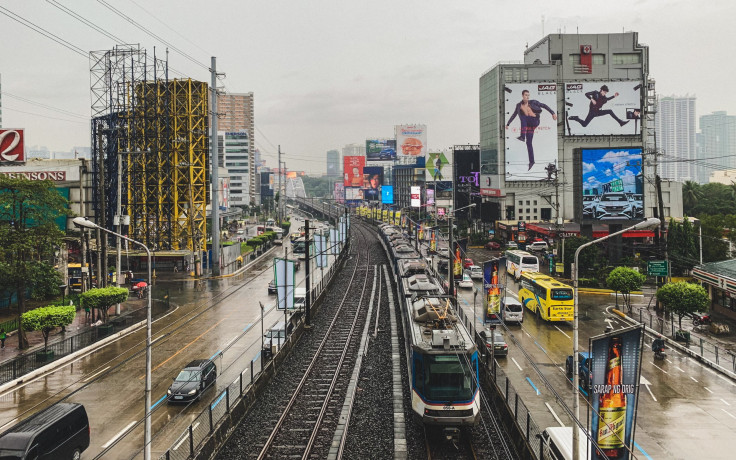Philippine President Rodrigo Duterte is set to sign into law a counterterrorism act that will grant the administration a far-reaching leeway to expand its campaigns against groups and individuals tagged as terrorists. The House of Representatives of the Philippines approved the Anti-Terrorism Act of 2020 on its third reading last week.
Once inked, the anti-terrorism law will give authorities the power to detain suspects without charge for up to 24 days, make warrantless arrests and detain people who are critical of the government on social media. It includes provisions imposing life imprisonment without parole on people caught participating in the planning, training, preparation and facilitation of a terrorist act and up to 12 years of imprisonment on people caught threatening to commit terrorism or inciting others to terrorism “by means of speeches, proclamations, writings, emblems, banners, or other representations tending to the same end.”
On Thursday, the United Nations’ (UN) human rights office issued a report raising concerns that the government could use the law to suppress dissent and place people’s freedom of expression at considerable risk as it provides an open-ended basis for arraigning speech. The report condemned the human rights abuses under the Duterte administration, including “near impunity” for police in the Philippines’ war on drugs and the practice of red-tagging, a propaganda tactic directed towards individuals and groups critical of the administration. Critics of the law also interpret it as an effort to silence dissenters and not stop terrorism.
The anti-terrorism law will relax accountability for police authorities who violate the rights of suspects, including those in detention. Under the existing law, authorities who illegally detain suspects can be penalized Php 500,000 ($10,000 USD) for every day of illegal detention. However, this provision against government misconduct is excised from the new law. It will also give Duterte the authority to designate an anti-terrorism council that can tag individuals and groups as terrorists without court approval, allowing for the warrantless arrest of anyone suspected of being a terrorist.
In a statement, Cristina Palabay, secretary-general of human rights watchdog Karapatan, accused Duterte of expediting the passage of the anti-terrorism bill to secure foreign funding for the administration’s counterinsurgency campaigns. “With Duterte controlling all branches of government, a rubber stamp Congres with not a single ounce of legislative independence is already a clear and glaring sign of dictatorship,” she said.
While the government has repeatedly claimed that the new law will only target members and supporters of organized terrorist groups, it hardly ever provides evidence to that effect. Previously, the Duterte administration has released unverified lists of dissenters branded as communist rebels, blocked funding of organizations critical of Duterte, and sanctioned lethal state operations against indigenous and trade union leaders and human rights activists suspected of being communists or communist sympathizers.

© 2025 Latin Times. All rights reserved. Do not reproduce without permission.



